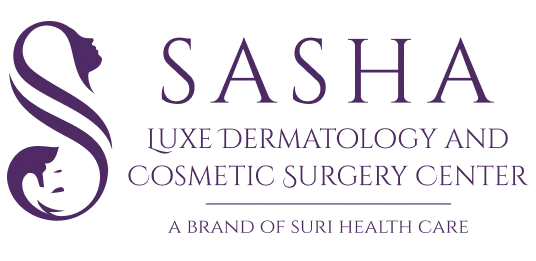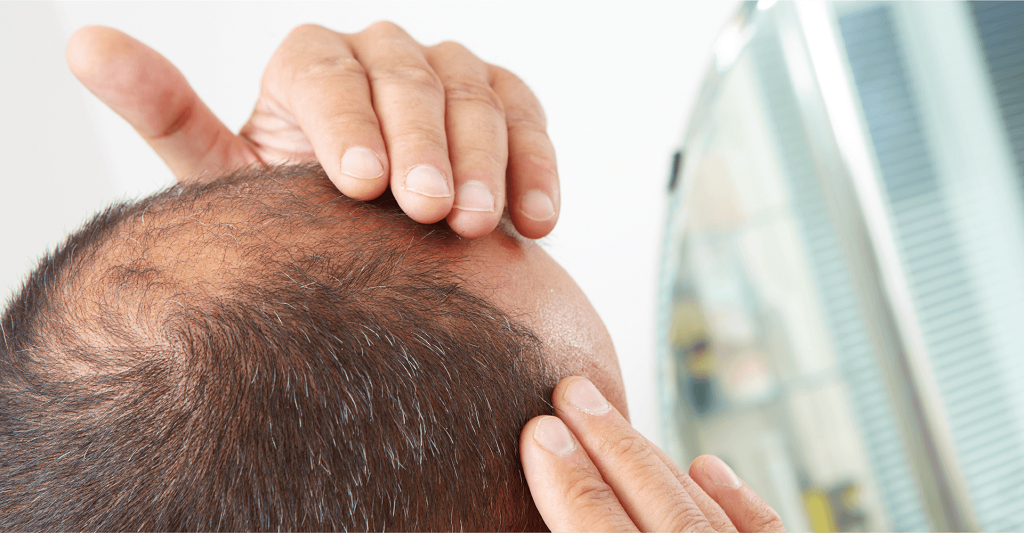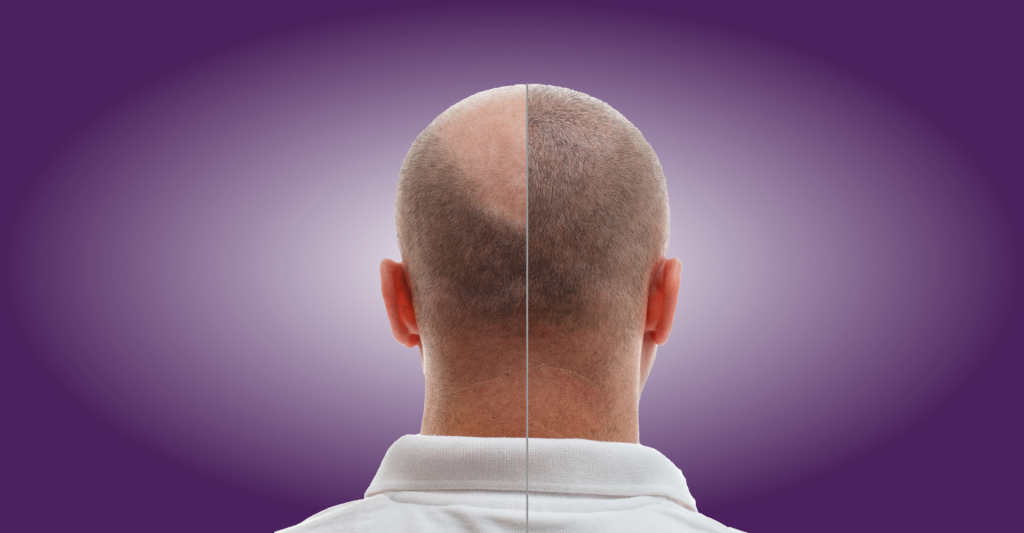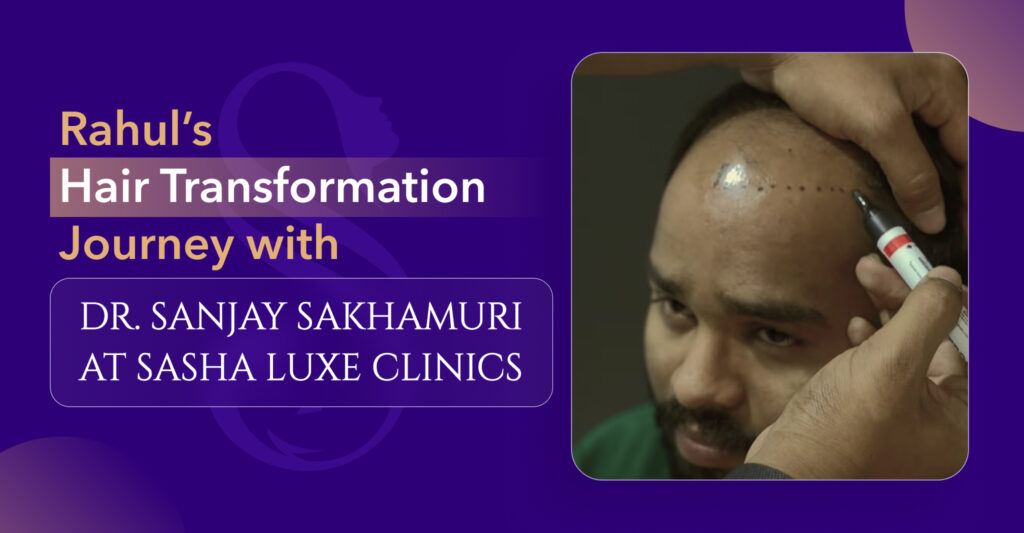In today’s fast-paced world, stress has become an unavoidable part of our lives. While we often focus on its impact on our mental and physical health, it’s crucial not to overlook the effect of stress on our hair. In this blog, we will delve into the fascinating topic of the “effect of stress on hair” and discuss the ways in which stress can impact the health and vitality of our precious locks. We will also provide valuable insights on managing stress to maintain healthy, beautiful hair.
- Effect of Stress on Hair:
From excessive shedding to thinning and even hair loss, the effect of stress on hair can be distressing. Understanding these effects is the first step in taking preventive measures and seeking appropriate solutions. While our hair naturally goes through growth and shedding cycles, excessive stress can disrupt this process, leading to increased shedding and potential hair thinning or even baldness. The medical term for stress-related hair loss is telogen effluvium, which occurs when a significant number of hair follicles enter the resting (telogen) phase prematurely due to stress.
During periods of heightened stress, the body produces higher levels of cortisol, commonly known as the stress hormone. Elevated cortisol levels can disrupt the normal hair growth cycle, causing hair follicles to remain in the resting phase for a longer duration. As a result, the hair may appear thinner, and noticeable hair loss may occur. It is very important to maintain a diet for glowing skin and hair. In addition to telogen effluvium, stress can also exacerbate other hair conditions, such as alopecia areata, a condition where the immune system attacks hair follicles, resulting in patchy hair loss. Stress can trigger or worsen the symptoms of alopecia areata, leading to further hair thinning and bald patches.
Effect of Stress on Skin:
Stress can wreak havoc on the skin, leading to various skin issues and exacerbating existing conditions. One of the primary effects of stress on the skin is increased inflammation. The effects of stress on the face are high, the body releases inflammatory chemicals, which can trigger or worsen skin conditions like acne, eczema, psoriasis, and rosacea. Additionally, stress can disrupt the skin’s natural barrier function, leading to dryness, sensitivity, and an overall dull complexion.
Moreover, stress can accelerate the aging process, causing premature wrinkles and fine lines. Chronic stress increases oxidative stress within the body, resulting in the production of free radicals that damage collagen and elastin fibers, essential components for maintaining skin elasticity and firmness. As a result, the skin may lose its youthful appearance, and wrinkles may become more prominent.
- Healthy Skin and Hair: The Role of Diet:
Maintaining a well-balanced diet is crucial for promoting healthy skin and hair, especially during times of stress. Proper nutrition provides essential vitamins, minerals, and antioxidants that support the overall health of skin and hair follicles.
To achieve glowing skin, incorporate a variety of fruits and vegetables into your diet. These are rich in antioxidants, such as vitamins A, C, and E, which help combat oxidative stress and protect the skin from free radical damage. Additionally, include foods high in omega-3 fatty acids, like fatty fish, flaxseeds, and walnuts, as they can help reduce inflammation and maintain skin hydration.
When it comes to hair health, focus on consuming foods that provide essential nutrients for hair growth and strength. Incorporate lean proteins, such as poultry, fish, and legumes, as they are rich in amino acids that form the building blocks of hair. Additionally, include foods containing biotin (found in eggs, nuts, and seeds) and iron (found in leafy greens, red meat, and fortified cereals) as these nutrients are essential for healthy hair growth.
- Managing Stress for Skin and Hair Health:
While it may be impossible to eliminate stress entirely from our lives, there are effective strategies for managing stress levels to minimize its impact on our skin and hair. Here are a few techniques to consider:
- Practice stress-reducing activities: Engage in activities that help you relax and unwind, such as meditation, yoga, deep breathing exercises, or regular exercise. These activities can help lower cortisol levels and promote a sense of calm.
- Prioritize self-care: Set aside time for self-care activities that make you feel good, such as taking relaxing baths, indulging in a skincare routine, or enjoying hobbies that bring you joy and relaxation.
- Get enough sleep: Quality sleep is essential for overall well-being, including skin and hair health. Aim for 7-8 hours of uninterrupted sleep each night to allow your body to regenerate and repair.
- Seek support: Don’t hesitate to reach out to friends, family, or professionals for support during stressful periods. Talking about your concerns can help alleviate stress and provide a fresh perspective.
In conclusion, stress can have a significant impact on both skin and hair health. By understanding the effects of stress and implementing strategies to manage stress levels, such as maintaining a balanced diet for glowing skin and hair and practicing self-care, we can promote healthy skin and luscious hair even in the face of daily stressors. Remember, prioritizing your well-being and finding healthy ways to manage stress will not only benefit your appearance but also contribute to your overall quality of life.
If you are looking for the best skin and hair clinic in hyderabad that will cater to your needs and give you desired results then look no further than Sasha Luxe clinics. Known as a renowned and the best skin and hair clinic in hyderabad, they leave no stone unturned in giving you exactly what you need.













